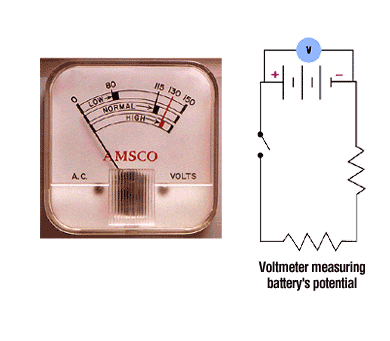Conductors, Insulators, and Electronic Devices
1/15
Earn XP
Description and Tags
These flashcards cover the key concepts, definitions, and terms related to conductors, insulators, and electronic devices as discussed in the lecture.
Name | Mastery | Learn | Test | Matching | Spaced |
|---|
No study sessions yet.
16 Terms
Conductor
Materials that allow a relatively free flow of electric current due to the presence of free electrons.
Insulator
Materials with virtually no free electrons, making them very poor conductors of electricity.
Grounding
A process of connecting an electrical device to the earth via a conductor to neutralize electrical charges.
Electric Circuit
A closed pathway of electric current where electrons flow from a power source through wires and circuit elements.
Fuse
A protective device that melts and opens the circuit when too much current flows through it.
Circuit Breaker
A protective device that opens the circuit when the current exceeds a certain level, effectively stopping electric flow.
Resistor
A circuit element that inhibits the flow of electrons.
Capacitor
A circuit element that momentarily stores electric charge.
Ammeter
A device that measures electric current in a circuit.

Voltmeter
A device that measures electric potential (voltage) across a component.
Diode
A circuit element that allows electrons to flow in only one direction.
Transformer
A device that increases or decreases voltage in a circuit.
Rheostat
A variable resistor used to control current by adjusting resistance.
Open Circuit
A circuit in which the pathway is broken, causing current to stop flowing.
Closed Circuit
A complete circuit pathway that allows current to flow.
Electric Ground
A connection to the earth that serves as an infinite reservoir for electrical charges.